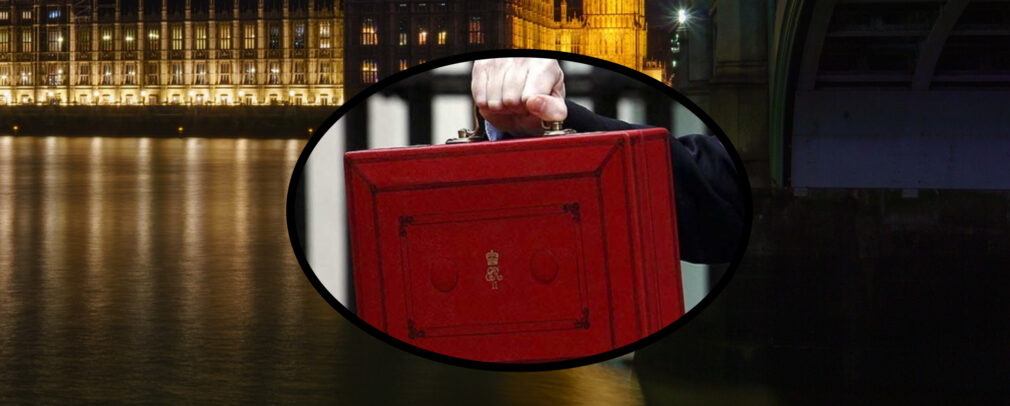
Spring Budget 2021
4.03.2021
The 3-Step Plan Budget. How does this impact upon you?
The Budget yesterday was the first since the start of the Coronavirus pandemic and following the end of the transition period arrangement between the EU and the UK. The Chancellor of the Exchequer announced a 3-staged approach;
1. continued support for businesses and individuals through the pandemic,
2. preparation to deal with the UK ever growing debt problem and,
3. finally, to put in foundations for a recovery.
For Business
The Job Retention Scheme (also referred to as the Furlough Scheme) has been extended until the end of September 2021. Employers will need to contribute into it from July onwards. From July it will 10% of the furlough pay and 20% for August and September.
There will be two further Self Employed Income Support Grants covering the period from February 2021 to the end of September 2021. Those who were not eligible for the earlier grants because they commenced self – employment during the 2019/20 tax year may be able to claim this time round. As regard the first of these grants, the individual may be able to claim up to 80% of their average trading profits. The final grant will only pay out the 80% if there is a 30% reduction in turnover during that period. If not, then the maximum claim will only be 30% of average trading profits. This assumes the rest of the criteria is met. The maximum grant in each case will be £7,500.
In England there is a restart grant for businesses of up to £18,000 plus a business rates holiday of 100% up to the end of June 2021 and a further two thirds rates cut for closed businesses over the following nine months. To encourage recruitment, the cash incentives for employers to take on an apprentice will increase to £3,000 – regardless of age.
For those businesses still seeking loans, the Government will guarantee new loans up to 80% up to a maximum of £10 million.
The temporary VAT rate cut from 20% to 5% for the hospitality, hotel and accommodation sectors which was due to finish on 31st March 2021 has now been extended for a further six-month period at 5% until 30 September 2021. A new reduced rate of 12.5% will then be introduced, which will end on 31 March 2022.
The corporation tax (CT) rate will go up from April 2023, from 19% to 25%, for companies with profits exceeding £250,000. Companies with profits of £50,000 or less will continue to suffer CT at 19%. For those in between there will effectively be a sliding scale.
For Individuals
The personal allowance for individuals will increase from £12,500 to £12,570. It will remain at that level until April 2026. The same will apply to the basic rate band (in England and Northern Ireland).
The Inheritance tax exemption, presently at £325,000 and the capital gains tax annual exemption of £12,300, will also be frozen until April 2026.
The Government is also backing a new 95% mortgage scheme which aims to help people with low deposits to purchase a residential property. It relates to property purchases of up to £600,000.
If buying a residential property in either England or Northern Ireland, the present stamp duty land tax concession (the first £500,000 at 0%) will remain until 30 June 2021. From 1st July to 30th September 2021 the 0% rate will then apply to the first £250,000 of the purchase price. After that it will revert back down to the first £125,000, as it was before the pandemic.
There are lots of opportunities and issues to consider following this Budget for businesses, individuals and families. We are here ready to help. We believe it’s important to discuss all plans you are considering before taking any action and so if you would like to see how the 2021 Budget changes might affect you, your family and your business, why not contact Ifan Lloyd on illoyd@idhaccountancy.com or 020 3411 4401 who will arrange for us to have that conversation.
Thank you Mr Lloyd for a such informative email and your comments on Budget 2021. It is highly appreciated. All the best